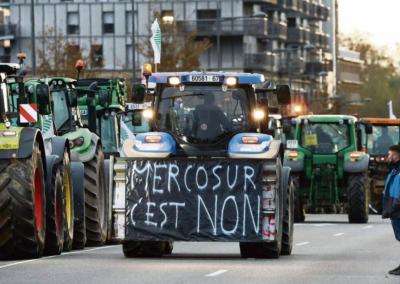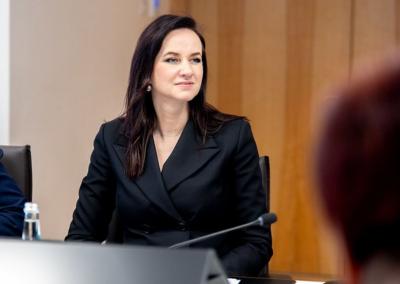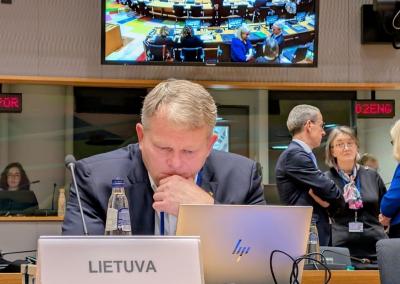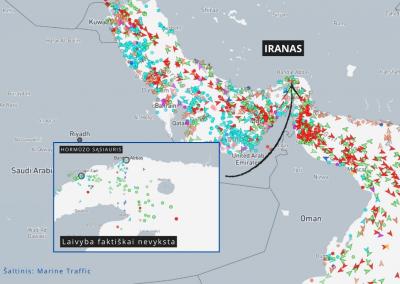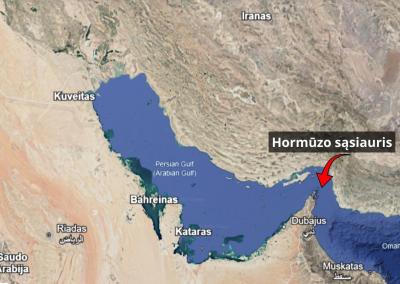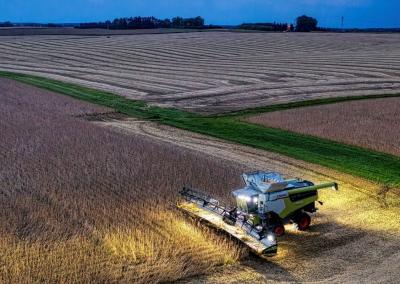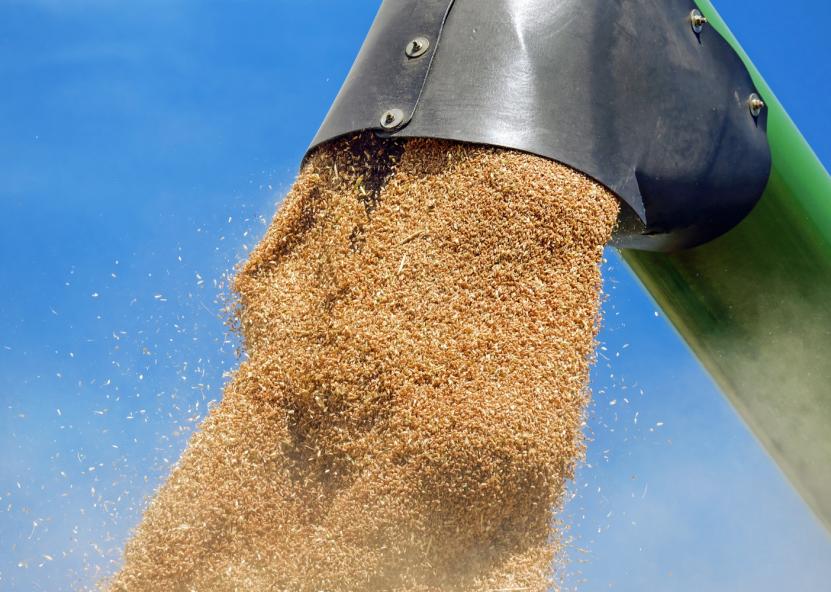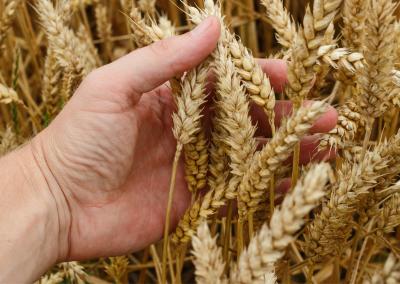Positive signs on the European cereals market, but Lithuania needs to regain quality
The European cereals market remains under sustained structural pressure on cereal prices. While some signs point to a recovery, global competition and trade regulations are creating uncertainties that are also relevant for Lithuania.
What's happening at European level?
The European Commission has increased its 2025/2026 cereal production forecast to 282.9 million tonnes, in line with the wheat and maize harvest forecasts.
In addition, the latest “Expana” assessment forecasts record EU food wheat production of 136.4 million t and high barley production (56.4 million t)
Although yields are regionally uneven (e.g. in southern Europe, yields were lower due to drought), overall production suggests that cereal supply on European markets will remain strong.
At the same time, EU cereal exports show some slowdown, with 4.1 million tonnes of soft wheat exported between July and 21 September 2025, down from 6.1 million tonnes last year. This may signal that much of Europe's production is staying on the domestic market or facing stiffer competition on global markets.
Price and manipulation
In recent days, wheat futures prices on the Paris exchange have fallen to around €187.25/t. This is due to relatively high supply and strong competition from the main export regions.
At the same time, import demand is also responding: Algerian wheat purchase offers generated some positive momentum, although international competition factors limited this increase. Europeans have to compete with other markets.
A significant step – the EU's decision to reinstate import quotas for Ukrainian wheat and barley (1 million tonnes of wheat, 350,000 tonnes of barley), ending the indiscriminate import policy that has been in place so far. This move seems to promise some protection for EU farmers – Ukrainian grain will have less impact on domestic prices, but competition on the international scene will remain intense.
Analysts believe that the recent rise in wheat prices (above €208/t) is more speculative and short-term than a sustainable trend.Lithuania is sensitive to global trends
Lithuania's agrarian sector, which accounts for around 70% of cereal exports, is highly sensitive to the international market.
Increasing EU production could reduce the incomes of Lithuanian cereal producers. However, the re-established quotas will significantly reduce imports of cheap Ukrainian grain, which in turn may bring some price stability back to the Lithuanian domestic market.
If the quality of the harvest improves next year, our farmers will be able to predict the future at least a little more easily.















